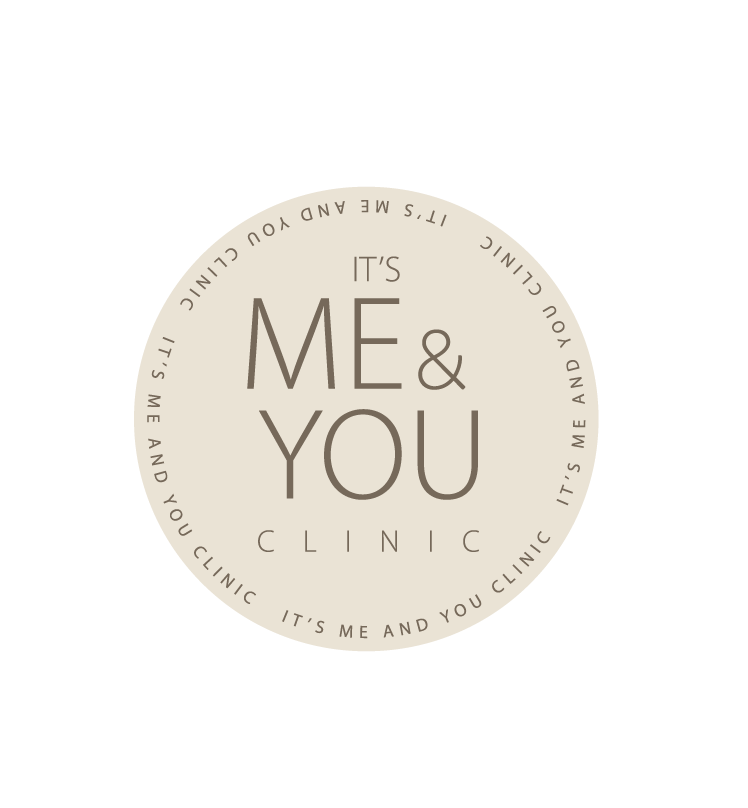Lip fillers have gained immense popularity in recent years as a non-invasive way to achieve fuller, plumper lips. While the procedure is relatively quick and safe, one common concern among those considering or recently undergoing lip filler injections is the amount of swelling that can occur afterward. It’s essential to understand what’s considered normal swelling, what factors contribute to it, and when to be concerned. In this comprehensive guide, we’ll delve into all aspects of post-lip filler swelling to ensure a smoother and more informed cosmetic journey.
Understanding the Basics of Lip Fillers
Before we dive into the intricacies of lip filler swelling, let’s briefly go over what lip fillers are and how they work. Lip fillers are cosmetic injections that typically consist of hyaluronic acid, a natural substance found in the body. They are used to enhance lip volume, shape, and definition. The procedure is minimally invasive, with little downtime, making it an attractive option for individuals looking to achieve fuller lips without undergoing surgery.
What Causes Swelling After Lip Filler Injections?
Swelling is a common side effect of lip filler injections, and it’s essential to understand the factors that contribute to it:
Injection Site Trauma
The injection process itself can cause some trauma to the lip tissues, leading to immediate swelling. This is typically the most significant contributor to initial post-treatment swelling.
Hyaluronic Acid Absorption
Hyaluronic acid, the primary ingredient in most lip fillers, has a natural ability to attract and retain water. This property can cause temporary swelling as the hyaluronic acid molecules bind to water molecules.
Inflammatory Response
Your body perceives the injection as a foreign substance and may trigger an inflammatory response, causing localized swelling as a part of the healing process.
Individual Variation
Everyone’s body reacts differently to lip filler injections. Factors such as genetics, metabolism, and overall health can influence the extent of swelling experienced.
What Is Considered Normal Swelling?
Understanding what’s normal after lip filler injections can alleviate unnecessary concerns. In most cases, the following can be considered normal:
Immediate Swelling
It’s common to experience some swelling immediately after the procedure. This initial swelling is often due to the injection process and usually subsides within a few hours to a day.
Peak Swelling
The peak of swelling typically occurs within the first 24 to 48 hours after the procedure. During this time, your lips may appear significantly fuller than the final result.
Duration
The majority of swelling should resolve within a week, but minor residual swelling can persist for up to two weeks in some cases.
Factors Influencing Swelling Severity
Filler Type and Concentration
Different lip fillers contain varying concentrations of hyaluronic acid or other ingredients. Some formulations are more prone to causing swelling than others. Discuss with your healthcare provider which filler is best suited for your goals and concerns.
Volume of Filler Injected
The amount of filler injected into your lips can directly impact the degree of swelling you experience. Larger volumes may lead to more pronounced initial swelling.
Injector’s Technique and Experience
The skill and experience of your injector matter. An experienced practitioner is likely to use techniques that minimize tissue trauma during injection, which can help reduce swelling. Additionally, their knowledge of the appropriate filler-to-lip ratio is crucial in achieving balanced results with minimal swelling.
Injection Depth
The depth at which the filler is injected can influence swelling. Injecting filler too superficially can lead to more noticeable swelling, while deeper injections may result in less swelling.
Pre-Treatment Preparation
Proper pre-treatment preparation can impact swelling. Avoiding blood-thinning medications, alcohol, and supplements that increase bleeding can help reduce the risk of excessive swelling and bruising.
Aftercare and Post-Treatment Activities
How you care for your lips after the procedure can affect swelling. Following your healthcare provider’s aftercare instructions, such as avoiding strenuous exercise and not touching or massaging your lips excessively, is essential.
Individual Factors
Each person’s body responds uniquely to lip filler injections. Factors like genetics, metabolism, and overall health can influence the extent of swelling. Some individuals naturally swell more than others, and this can’t always be predicted.
Allergic Reactions
While rare, allergic reactions to lip fillers can occur and result in severe swelling. It’s crucial to discuss any known allergies with your healthcare provider before the procedure.
Medication Interactions
Inform your healthcare provider about any medications or supplements you are taking, as certain drugs may interact with the filler or the injection process, potentially increasing swelling
Tips for Managing and Minimizing Swelling
While it’s normal to experience some post-filler swelling, there are steps you can take to manage and minimize it effectively:
Cold Compress
Applying a cold compress to the treated area can help reduce swelling and alleviate discomfort. Be sure to wrap the ice pack or clean cloth in a towel to avoid direct skin contact.
Avoid Blood Thinners
To minimize the risk of excessive swelling and bruising, avoid taking blood-thinning medications, alcohol, or supplements like fish oil before and after your treatment.
Stay Hydrated
Drinking an adequate amount of water can assist your body in processing and metabolizing the hyaluronic acid in the filler, potentially reducing swelling.
Elevate Your Head
Sleeping with your head slightly elevated can help prevent fluid buildup in your lips, contributing to a smoother recovery.
When to Seek Medical Attention for Swelling
While some swelling is expected, there are situations where it’s crucial to consult your healthcare provider:
Excessive Swelling
If your lips become excessively swollen, asymmetrical, or painful, contact your healthcare provider immediately, as this may indicate a complication.
Allergic Reactions
Although rare, allergic reactions to lip fillers can occur. If you experience hives, severe redness, or difficulty breathing, seek immediate medical attention.
Prolonged Swelling
If swelling persists beyond two weeks or worsens after initially improving, consult your injector to rule out any complications.
Conclusion
Experiencing some level of swelling after lip filler injections is normal due to factors like the injection process, hyaluronic acid’s properties, and individual variability. Understanding what to expect can help alleviate concerns and ensure a smoother cosmetic journey. By following the tips for managing and reducing swelling and knowing when to seek medical advice, you can achieve the plump, beautiful lips you desire while prioritizing your safety and well-being. Remember to choose an experienced and qualified injector to ensure a successful lip filler experience.
Top of Form
- Exercise After Fillers: A Comprehensive Guide to Post-Treatment Fitness - February 26, 2024
- Budgeting for Beauty: Understanding Lip Filler Costs in the UK - February 21, 2024
- Exercising After Fillers: Your Essential Timeline - February 17, 2024

